Minnesota Governor Tim Walz faced off against Ohio Senator JD Vance in an early October debate that left voters feeling surprisingly refreshed.
Most voters are well aware of the limited power of the vice president, but the role is regardless a vital one. Whichever one of these men become the VP will advise the president, provide input on vital policy decisions, and serve as a tie-breaking vote in the Senate. The first and only debate between America’s 2024 options for Veep was unexpectedly cordial, showcasing a hint of the poise and class that’s become all but a relic in our national politics.
Both candidates treated one another with respect, and — despite plenty of on-stage disagreements — they departed the event looking much more favorable than Vance’s running mate ever does. No one threw out ad hominem attacks, no one brazenly lied — though Vance certainly stretched the truth on a few occasions, and Walz was notably slow to fess up to a misstatement — but overall, the debate looked far more like it belonged in the ’80s or ’90s than the starkly divided 2020s.
Religion and community were both vital factors in the debate at one point or another, and Walz even whipped out some scripture at one point to underline his message. It managed just that, but it also confused some voters, many of whom were unaware of the Governor’s religion up until the debate.
Tim Walz’ religious leanings
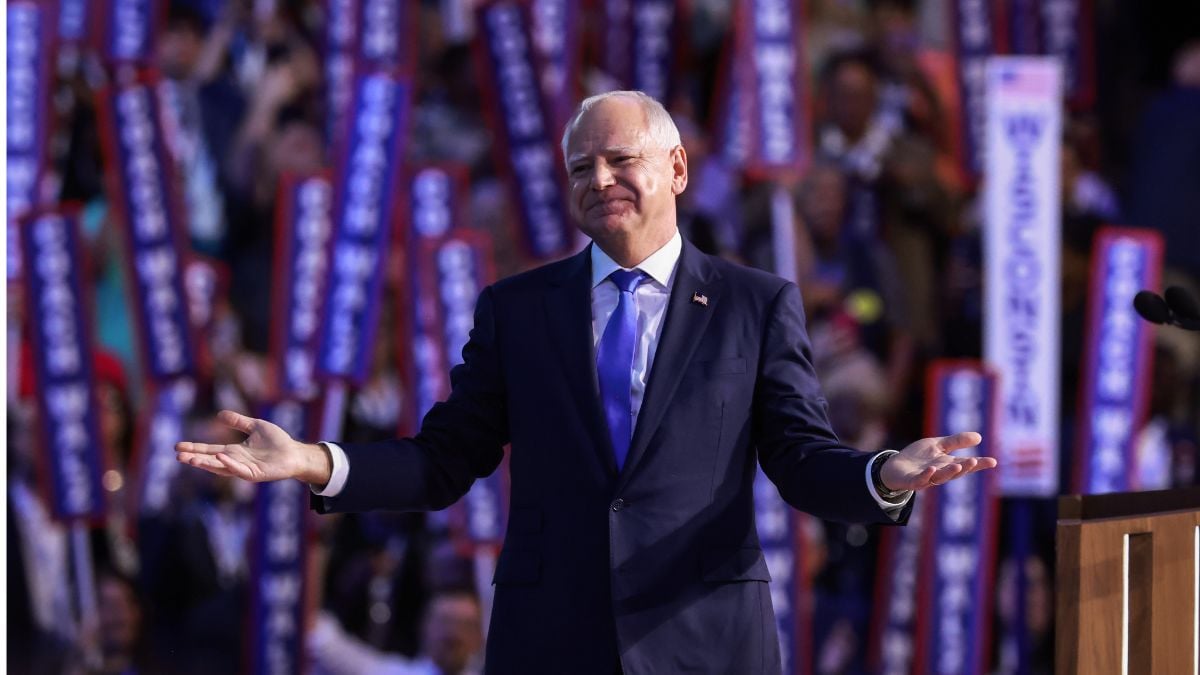
Religion shouldn’t be an important part of a presidential campaign in a country that separates our church and state, but its none the less decided elections across the history of this nation. Every time a candidate arises with a fresh (but perpetually similar) religious background, it causes a stir on the national stage. Joe Biden is just the second Catholic to ever attain the presidency, and in the past — when presidents of non-Christian specific backgrounds were on the ticket — it inevitably caused a stir.
Walz was raised Catholic in his Nebraska home, but he no longer identifies as such. He’s now listed among Minnesota’s bulky population of Lutherans, joining a full 20% of his state’s population in adhering to the faith. A branch of Christianity, Lutherans believe many of the same teachings as those who identify under different versions of the faith, but their beliefs are rooted in Martin Luther’s 16th century teachings.
If he and Kamala Harris are elected, Walz would become just the second Lutheran vice president to ever serve the nation. He is preceded by Hubert Humphrey, who doesn’t quite fall into the camp, but still identified as Lutheran across much of his youth. By the time he became VP, however, Humphrey had switched to the Methodist church, which could make Walz’ ascension to the office of vice president truly historic.

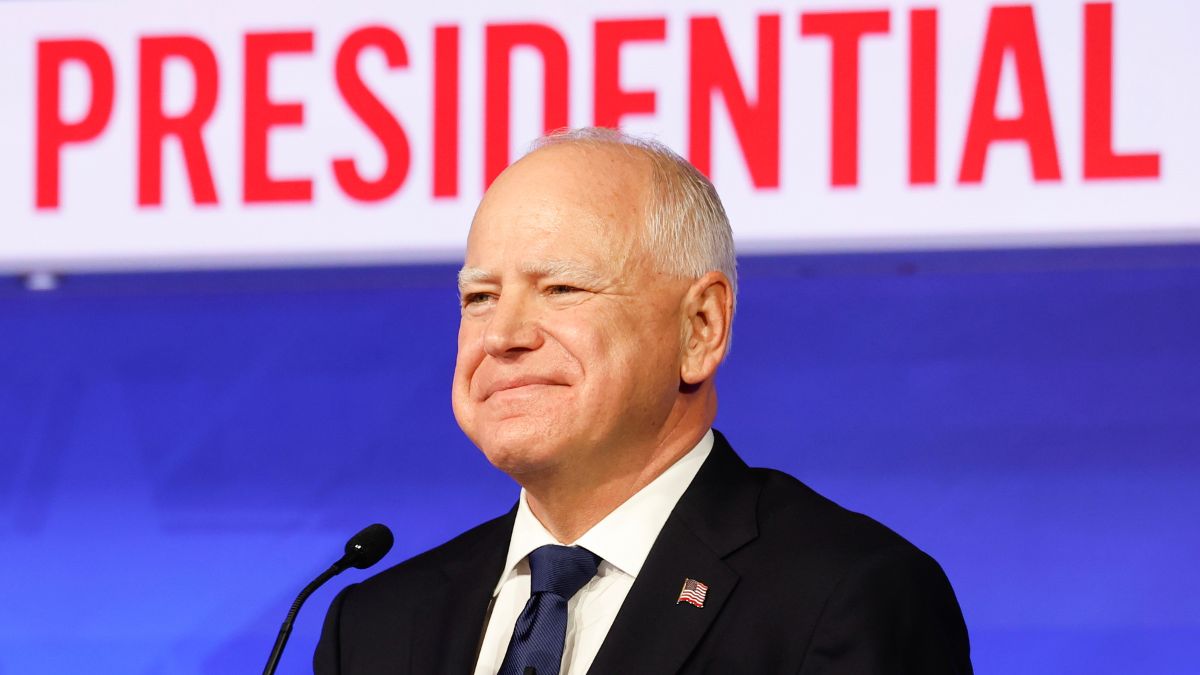


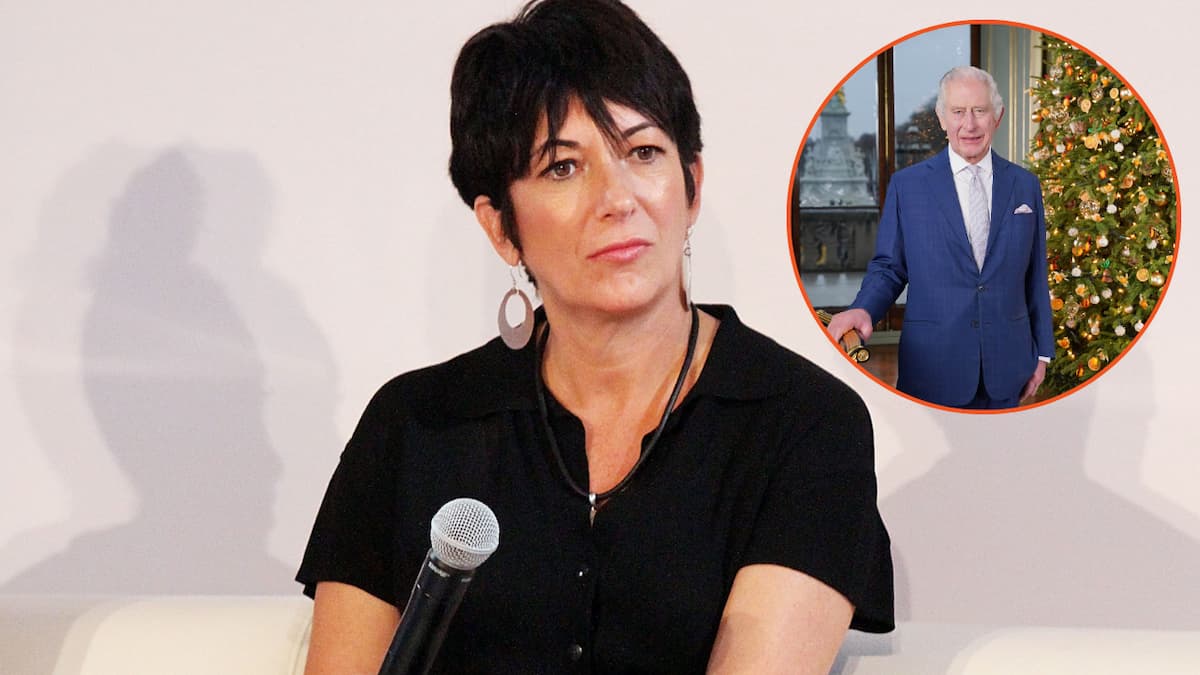
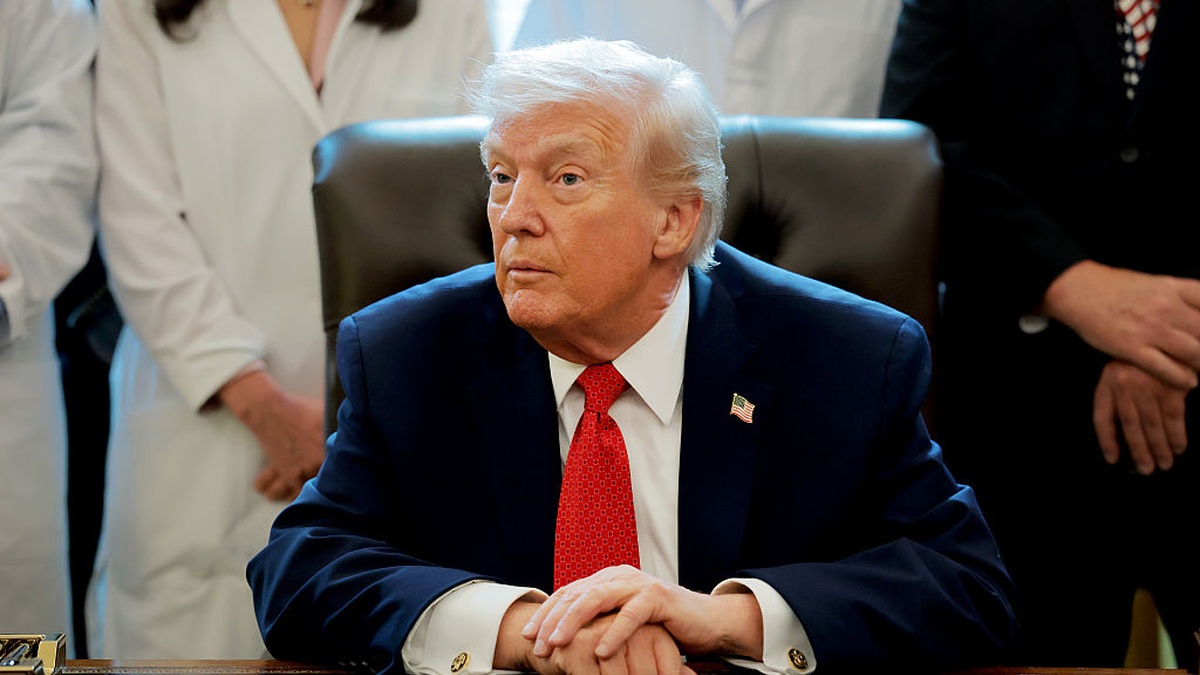

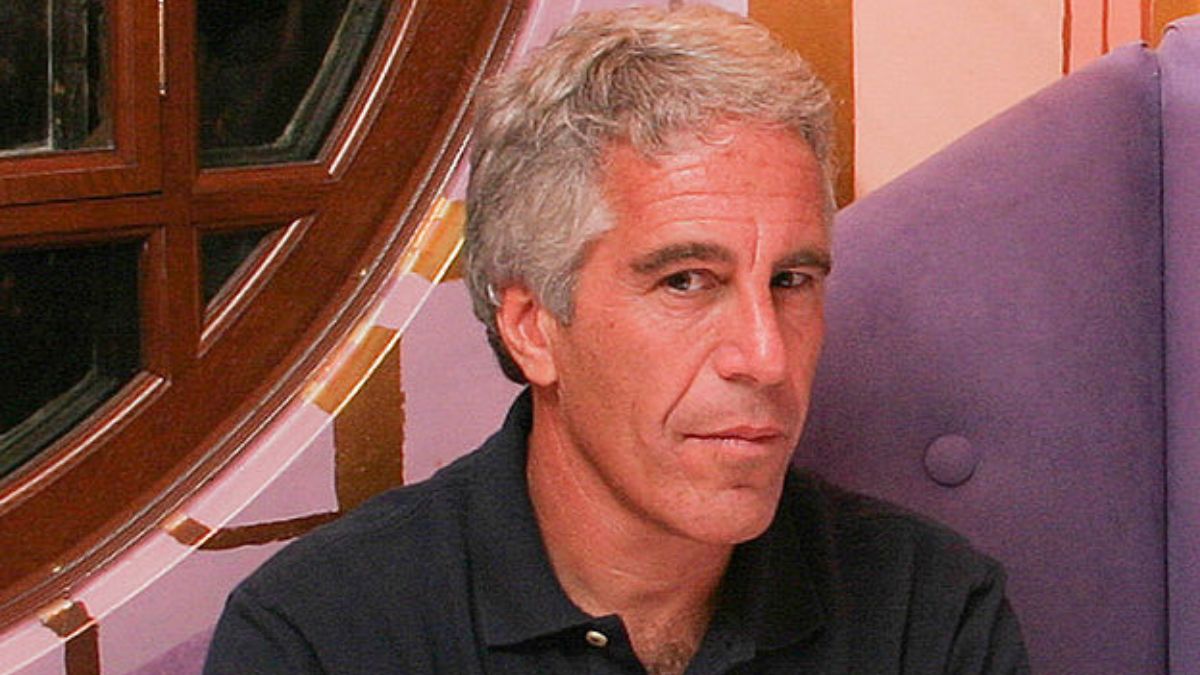
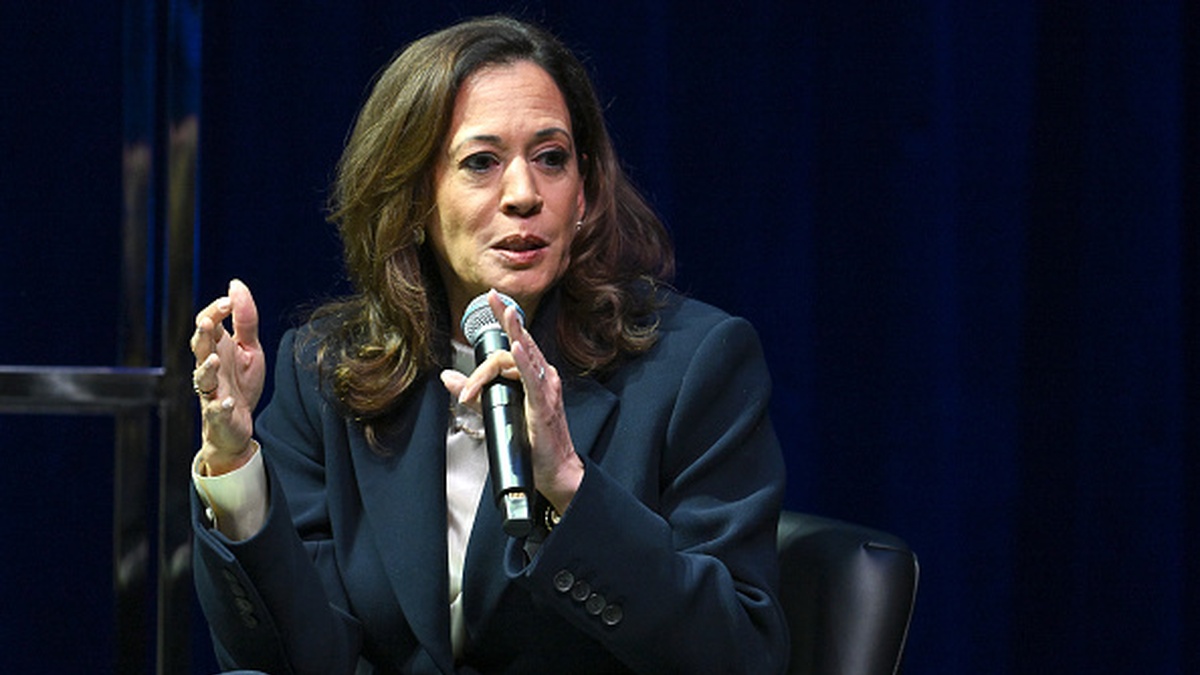


Published: Oct 2, 2024 01:03 pm